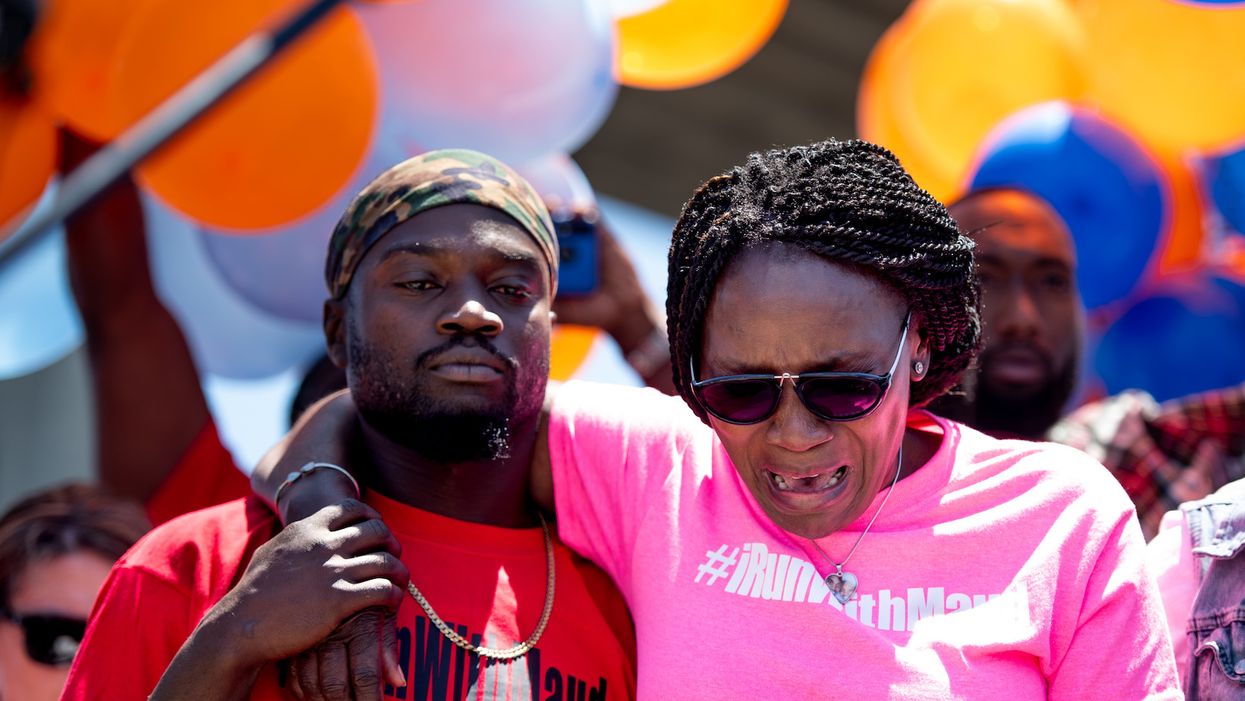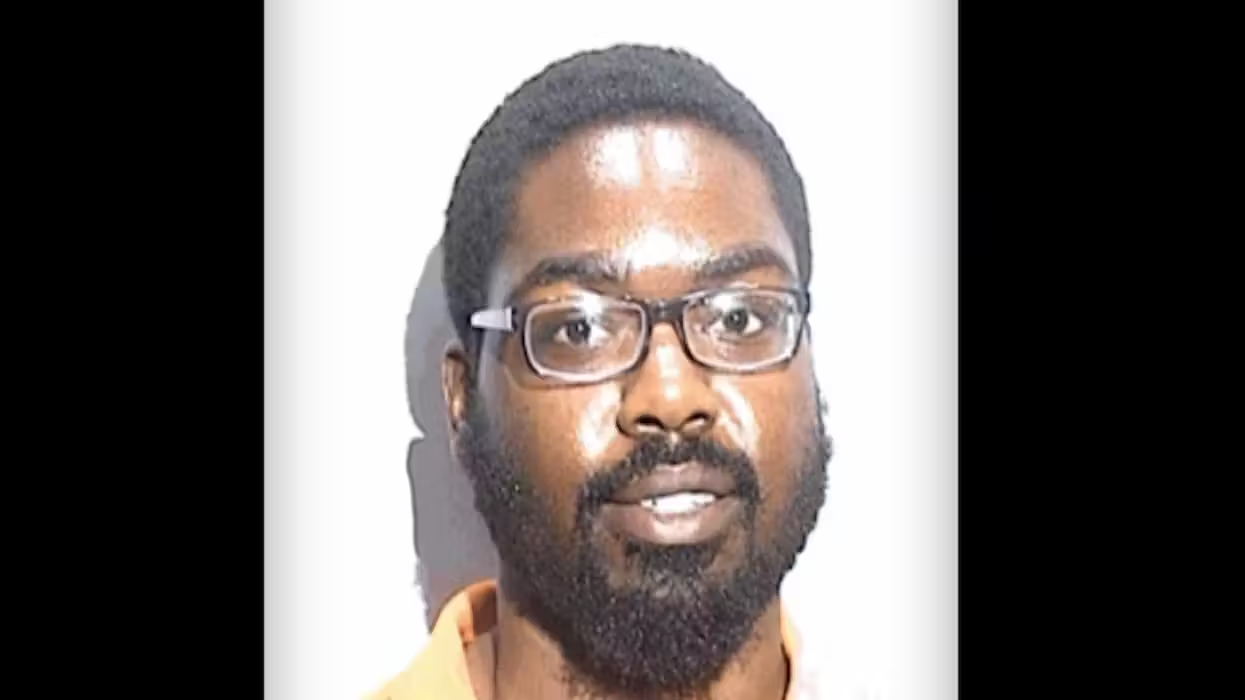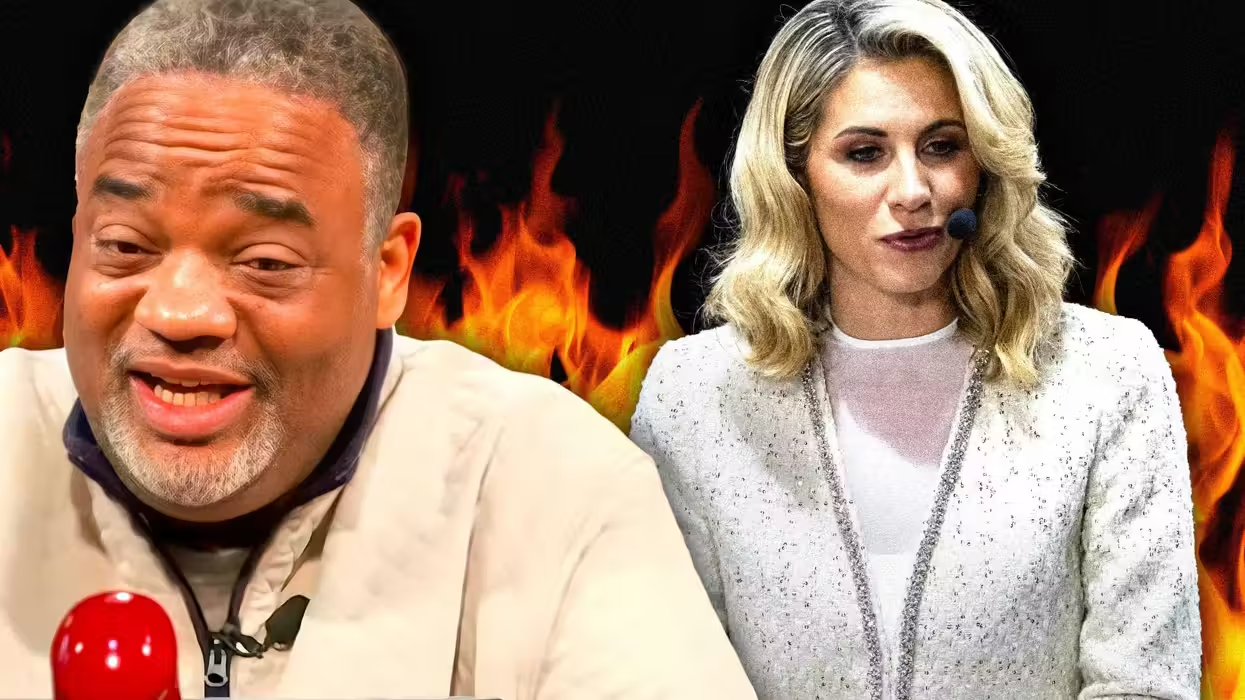Ahmaud Arbery isn't dead because of what he was doing on Feb. 23, 2020. He's dead because of what people thought.
Yes, he was seen on camera entering an unoccupied, unfinished property that he did not own. He shouldn't have done that. We may never know why he did it. But no reasonable person would argue that he should be dead as a result of that act.
Ahmaud Arbery is dead because some residents of the Satilla Shores neighborhood in Georgia had heard about or seen an alleged black male trespasser who had illegally entered a home construction site several times between October 2019 and February 2020.
It didn't matter that this alleged trespasser was reported to be a "lighter skinned black male" whose arms were thought to be covered in tattoos and who had longer, dreadlocked hair. It didn't matter that Arbery didn't fit this description, beyond the fact that he was a black male.
It only mattered that when Gregory and Travis McMichael learned that a black male had stopped at this construction site, they thought something needed to be done, immediately. Calling the police and waiting hadn't worked the other times.
They thought they needed to take matters into their own hands. They grabbed their guns. They got in their truck.
I can only speculate about how the McMichaels thought this confrontation might end. Maybe they thought Arbery would be so scared when confronted by two armed men that he would surrender. Maybe they had been eagerly waiting for their chance to punish the alleged black male trespasser who had eluded them since October.
They clearly thought they had a right to behave as if they were law enforcement officers. They thought this black male trespasser needed to, at least, be threatened with deadly force. And if that deadly force became necessary to use, then so be it. They thought Arbery should have willingly submitted to their supposed authority as they chased him, even though they, like him, were just citizens.
They did not think Ahmaud Arbery deserved the benefit of the doubt. They did not think the potential that their chase could end in Arbery's death was too great a risk to take on. They did not think Arbery's life was more valuable or important than the justice they desired for the victimless crime he was alleged to have committed.
So they chased him. They cut him off. They drew their weapons. He fought. Unarmed, he lost. He died. And for the McMichaels, life went on. Because the police didn't seem to think that Arbery's death was a crime at all, and no one was charged or arrested.
That is, until we all got to see what happened, months later.
It can be difficult to help nonblack people understand what it feels like to have to worry so much about what someone might think. What might someone think if they see me running down the street? What might someone think if the door to my house is left open?
What might someone think if I'm walking down the street at night with a hoodie on? What might someone think if my child is playing with a toy gun? What might someone think if they accidentally walk into my home, and they're surprised to see me?
We don't worry about this simply because we're paranoid, or because we want to perpetuate a narrative about anti-black racism in America. We worry because in each of the aforementioned situations, the black person ended up unnecessarily dead. And because in each of those situations, there was significant public debate about whether the killer was justified in his or her actions. And because even saying the words "black lives matter" makes some people angry.
I truly cannot say whether or not George and Travis McMichael had racial motives when they confronted and killed Ahmaud Arbery. Perhaps they only chased him because he was black. Perhaps they would've reacted the same way if he was white.
What I can confidently say is that a person's actions, and especially their reactions, reveal what's in their heart and mind. How we react under pressure can show what we love, and what we hate. What we value, and what we fear. Our reactions can show what we really think. And as the deaths of Ahmaud Arbery and a host of other black victims illustrate, what someone thinks about us can be a matter of life and death.







